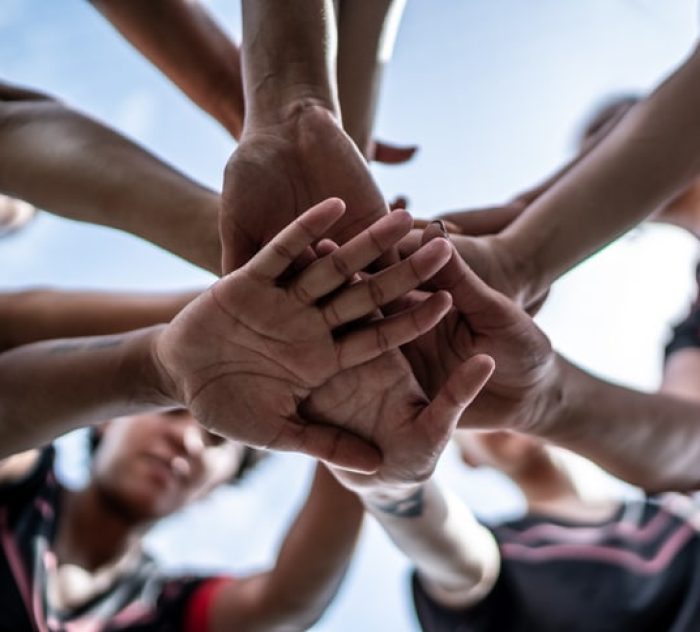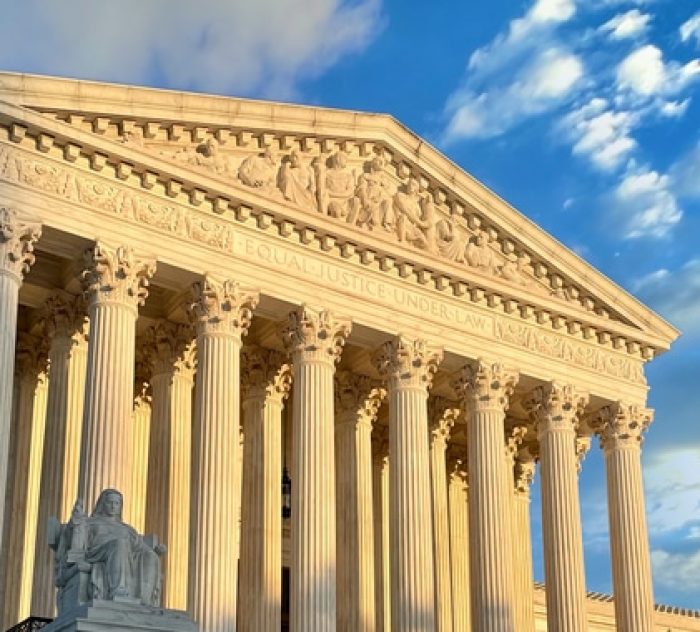In September 2023, fifteen members of Dartmouth College’s varsity men’s basketball team sought to join Service Employees International Union, Local 560 (“Union”), which is the “exclusive representative” of Dartmouth employees. Dartmouth College (“Dartmouth”) challenged the men’s basketball team request to join the Union and sought a ruling from the National Labor Relations Board (“NLRB”) on the question of whether the members of the varsity men’s basketball team could be considered employees.
On February 6, 2024, the Northeast Regional Office of the NLRB determined that the members of Dartmouth’s varsity men’s basketball team are employees and can join a union “because Dartmouth has the right to control the work performed by the men’s varsity basketball team, and because the players perform that work in exchange for compensation…”
Dartmouth’s position was that the basketball players were not employees because:
- The basketball players do not receive compensation for their work;
- Dartmouth does not generate profit from the men’s basketball program;
- The basketball players did not receive W-2s, I-9s, or paid time off; and
- Dartmouth did not exercise sufficient control over the basketball players.
The Union argued on behalf of the basketball team, that the players were employees because they received:
- Compensation in the form of early consideration for admission;
- “Room and board for part of the year, equipment, apparel, tickets [to games] . . . , footwear, access to nutrition and medical professionals, exclusive use of certain facilities, and academic support;” and
- Need-based financial aid.
Additionally, the Union asserted that Dartmouth exercised control over the basketball players by “designing and monitoring their summer workouts, requiring them to sign handbooks and other documents, dictating the time they spend practicing, directing those practices, and scheduling their road trips such that each meal and sleep period occurs at the coaching staff’s discretion.”
Ultimately, the NLRB determined that the basketball players were employees and could join the Union. First, the NLRB determined it is irrelevant whether Dartmouth produces revenue directly the men’s basketball program when determining whether or not the basketball players are employees, especially where Dartmouth has a department responsible for handling revenue and publicity related to Division I athletics. Second, the NLRB decided that Dartmouth exercises significant control over the basketball players by requiring them to abide by the Student-Athlete Handbook, attend practices and games, and by dictating players’ travel schedules. Finally, the NLRB determined that the many fringe benefits provided to the basketball players, while not monetary, did constitute compensation. The NLRB distinguished basketball players from students with other extracurricular activities like student journalists and musicians because they do not participate in the early admission consideration process, Dartmouth does not employ a department to monitor the funds produced by these extracurricular activities, and other extracurricular activities do not “dominate students’ schedules” to the extent that the basketball program dominates the schedules of the basketball players.
Dartmouth plans to appeal this decision.
On March 5, 2024, the Dartmouth men’s varsity basketball team voted 13-2 in favor of unionizing.
This decision could cause significant changes to the way institutions of higher education treat their collegiate athletes. If you would like more information on this decision or ways to ensure compliance with labor laws in relation to student athletes, please contact Grace Pennerat or Rachel Pender at Poyner Spruill LLP.



